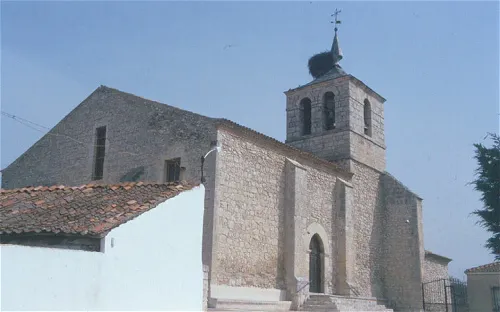Fundación Joaquín Díaz and its collection
The Joaquín Díaz Foundation was established in 1994, originating from the Ethnographic Center that was founded in 1985. The foundation was created when the folklorist Joaquín Díaz donated his collections to be displayed in an 18th-century house owned by the provincial council in Urueña, Valladolid, Spain. These collections include engravings of costumes, cordel sheets, a library, a sound library, and various instruments. This rich collection offers tourists a unique insight into Spanish folklore and tradition.
Open to the Public
The ethnographic headquarters of the Joaquín Díaz Foundation was officially opened in March 1991. It is open to research, tourism, and the general public. This means that tourists are welcome to explore the collections and learn more about Spanish culture and traditions. The foundation's commitment to research also ensures that the collections are continually updated and expanded, providing a rich and dynamic experience for visitors.
The Casona de La Mayorazga
The museum and the foundation's funds are housed in the Casona de La Mayorazga, a building in the Castilian town of Urueña that dates back to the early 18th century. The building was originally the property of Bishop Alonso de Mena y Borxa, who was born in Urueña in 1643 and died in Calahorra in 1714. This historical building adds an extra layer of interest for tourists visiting the museum, as it provides a glimpse into the architectural style and history of the period.
History & Anthropology Ethnology Historic house Person & Artist

